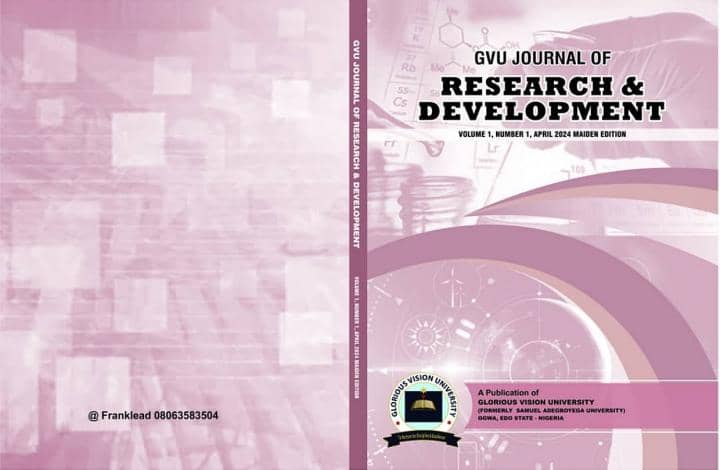Seed Sowing and its Socio-Economic Impact in Nigeria
DOI:
https://doi.org/10.5281/zenodo.14031971Keywords:
Seed sowing, socio-economic, Christianity, ReligionAbstract
Nigerians are widely recognized for being "religiously" religious, with religion permeating every aspect of life. Seed sowing, rooted in various religious teachings, emphasizes the principles of giving, faith, and abundance, often associated with financial prosperity and material blessings. This study critically examines the socio-economic impact of seed sowing in Nigeria. Built on a hybrid methodology combining narrative, historical, and theological analyses, the research explores the concept of seed sowing and its socio-economic effects. The researchers found that seed sowing has provided a message of hope and an opportunity for redemptive (and economic) uplift while avoiding problematic practices. The findings also revealed that although seed sowing benefits a select few, the majority are left in poverty, sometimes becoming unproductive as they await blessings from their sown seeds, expecting abundant returns. Additionally, the researchers observed that seed-sowing theology has enabled pastors to accumulate wealth. One key implication of these findings is that the country's productive capacity is low, with many economic agents remaining inactive and relying on God's blessings through seed sowing. Consequently, it was recommended that preachers share the gospel of Christ with integrity, while believers should be encouraged to be productive, give generously to the church, and contribute to national economic growth.



